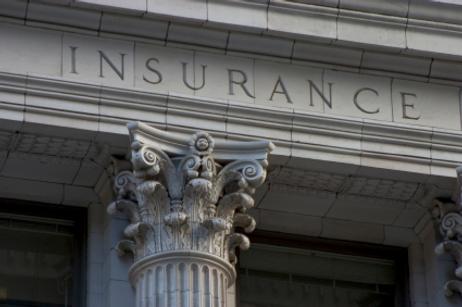Comparing private school tuitions from one school to another is in so many ways the classic apples to oranges comparison. Why? Because each private school is unique. Each school has its own expenses and sources of revenue. But the variables implicit in the calculation of tuition cost are what drive the numbers. Income and expenses are unique in the same way each private school is unique. With that apples to oranges analogy in mind let's look behind the numbers we see on Average Private School Tuition Cost here on Private School Review.
Understanding tuition
In its simplest form tuition is the amount of money that a school charges for educating your child. Tuition is revenue or income on the school's balance sheet. This is the dollar figure which a school has to charge per student in order to offset all the many and varied expenses of running the school.
To arrive at the amount to charge per student the school has to add up all of its expenses. From that total, it subtracts any income from investments, endowments, and gifts. That net expense is what our tuition charges must offset. To remain viable a school simply must balance its budget. It cannot spend more than it takes in. If it does, it will soon go out of business.
The number of students for which a school has places is the next part of the calculation. For example, if you only have places for 350 students and your












-4c3194pi4wis8gsg004w0g44w-280.jpg)











